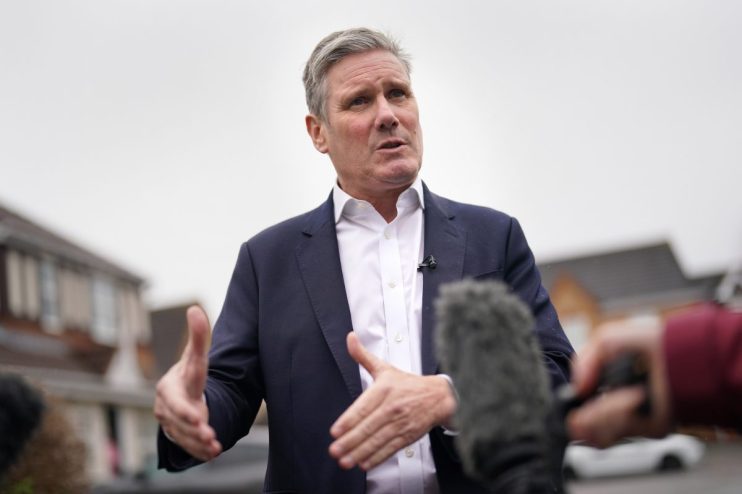Ministerial freebies rules tightened – but Starmer stops short of banning gifts

Keir Starmer has tightened up the rules on ministers accepting freebies, according to new guidelines, but stopped short of banning gifts and hospitality.
An update to the government’s ministerial code published today included new advice for ministers who accept freebies and hospitality, which took a tougher stance than the previous document.
The new code states: “Ministers should not accept any gift, hospitality or service which would, or might reasonably appear to, compromise their judgement or place them under any obligation to people or organisations that might try inappropriately to influence their work in government.
“The same principle applies if gifts etc are offered to a member of their family.”
It comes in the wake of the so-called ‘freebie-gate’ row earlier this autumn, which saw Starmer and other cabinet ministers criticised for accepting free tickets to the Taylor Swift Eras Tour, in relation to the role the government played in her security arrangements.
Starmer also came in for criticism for accepting donated clothes, including for his wife, glasses and accommodation, during the election campaign.
Previously the code stated “ministers should not accept any gift or hospitality which might, or might reasonably appear to, compromise their judgement or place them under an improper obligation”.
And the updated version also advises ministers to be “mindful” of the “public’s confidence” in government “standards of propriety” when deciding whether to accept freebies, gifts or hospitality.
Separately, the refreshed code grants the Prime Minister’s ethics adviser the ability to launch investigations into ministerial wrongdoing without seeking Starmer’s consent.
It removed the power of the Prime Minister to veto investigations considered by the independent adviser, Sir Laurie Magnus, who was appointed in 2022 by Rishi Sunak.
The new version removed text that said the Prime Minister will “normally give consent” for investigations, but reserved the right to “raise concerns” about an investigation “such that the Independent Adviser does not proceed” if there are “public interest reasons for doing so”.
The code now states that “where the independent adviser believes that an alleged breach of the code warrants further investigation and that matter has not already been referred to them, they may initiate an investigation after notifying the Prime Minister.”
It confirms “ministers are expected to provide the independent adviser with all information reasonably necessary for the discharge of their role” after Labour pledged in its manifesto to give the adviser the power to start investigation and have the “evidence they need”.
Starmer wrote in the new code’s foreword that it “sets out the higher standards that the British people expect and that ministers must now follow”.
